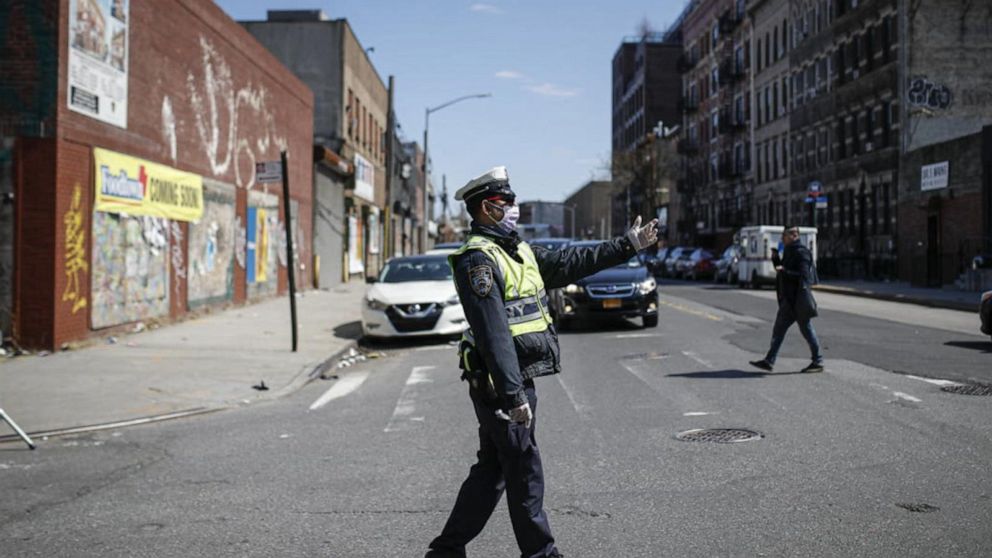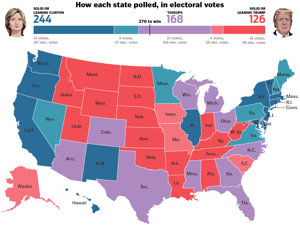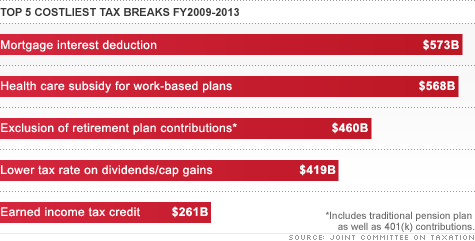On February 7, according to this morning’s* Washington Post, President Donald Trump told reporter Bob Woodward that the corona virus was “deadly stuff,” describing it as very dangerous and more.
What should have happened is easy to say, up to a point. Woodward should have hotfooted the news to the front page of the Post. It should have appeared on February 8* at latest. Congress would have been informed while still in town and able to gather.

States with large cities could theoretically have been alerted. States, counties, and towns could conceivably have looked to their hospitals, EMT, emergency supplies.
Admittedly thinking ahead is not everybody’s strong point. Some people don’t even try to do it. (Woodward seems to have been looking ahead to his next book, the president to the next election.) And not much information had developed at that point.
But shortness of information has not deterred the hysterics out to do nothing but attack Trump, producing nothing that would benefit the public, on any other issue. It is virtually incontestable that some of the regular leakers in the administration and around the White House could have, and would have, gone to news outlets with a hot new set of leaks on an Asian epidemic about to hit this country.
The public would have been informed, at least partly, while still mobile, while still employed, still getting a paycheck, children at school, still alive and well, the stores still stocked—in other words, when ordinary citizens had a chance to take steps and prepare.
Maybe even some of the nation’s nursing homes would have benefited from the heads-up.
While my brother was still alive.
Sorry, people, but Mr. Woodward’s version of reporting is not reporting. It’s not-reporting. It is a moral disgrace.
And now the Washington Post is running the story that didn’t run—free media for Woodward’s book. So that’s what matters; a star reporter and millionaire author will get another windfall. Woodward will return to the luminous ranks of John Bolton, Michael Cohen, and the other literati who rake in big bucks from publishers by going TrumpTrumpTrump, catering to the mob-lust of underqualified people in publishing and outside it who seem to have centered their thinking if not their lives around a hysterical gestalt that every human being on earth has abandoned and rejected President Trump. I consider the behavior sick, and I am not a Trump voter.
Since many people consider the news media the face of the Democratic Party, the sick big-media behavior on the star-reporter model may also cost Democrats the election.
*I am a WaPo subscriber in P. G. Stories in the print edition/s often come a day or more behind the online edition, so I just saw this detail today. (I didn’t hear it reported on cable or networks.) No, I don’t return to my PC—where I usually start the day writing–to catch breaking news in the small hours.
*Give or take a day, in print editions.




.jpg)














